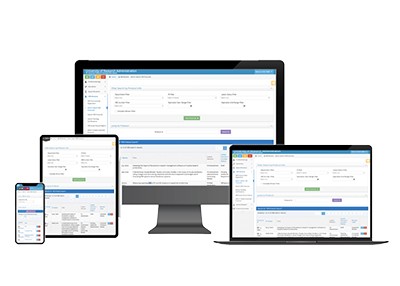Graduate Tuition Remission on Grants
University Guidelines for Tuition Remission on Grants
Graduate students may perform work on externally sponsored research projects as a Graduate Research Assistant (GRA) under the supervision of a principal investigator (PI). GRA compensation may include a stipend and tuition remission.
As tuition remission charges for GRAs are allowable direct charges on federal contracts and grants and many other types of non-federal contracts and grants, the University will require a minimum of 35% of the total cost of tuition remission for GRAs, each year proportionate to the level of GRA effort being proposed on the project, to be built into contract and grant budgets at the current graduate tuition rate, unless prohibited by the program or sponsor. This shall include a 5% annual increase in subsequent years in anticipation of likely future tuition increases, when allowed by the sponsor. Any amount of tuition remission recovered by RIT on the externally sponsored project above the 35%, and up to the 50% maximum allowable charge, will be returned to the PI’s discretionary fund.
This guideline will go into effect for all new proposal submissions for new awards sent to a sponsor beginning in FY27. In the interim scale-up period, any new proposal submission for a new award submitted to a sponsor for an externally sponsored project in FY25 will require a minimum 10% of the total cost of tuition remission, and a minimum of 25% in FY26. During this scale-up period of FY25-26, any amount of tuition recovered above these minimums up to the maximum of 50% will be returned to the PI’s discretionary fund.


